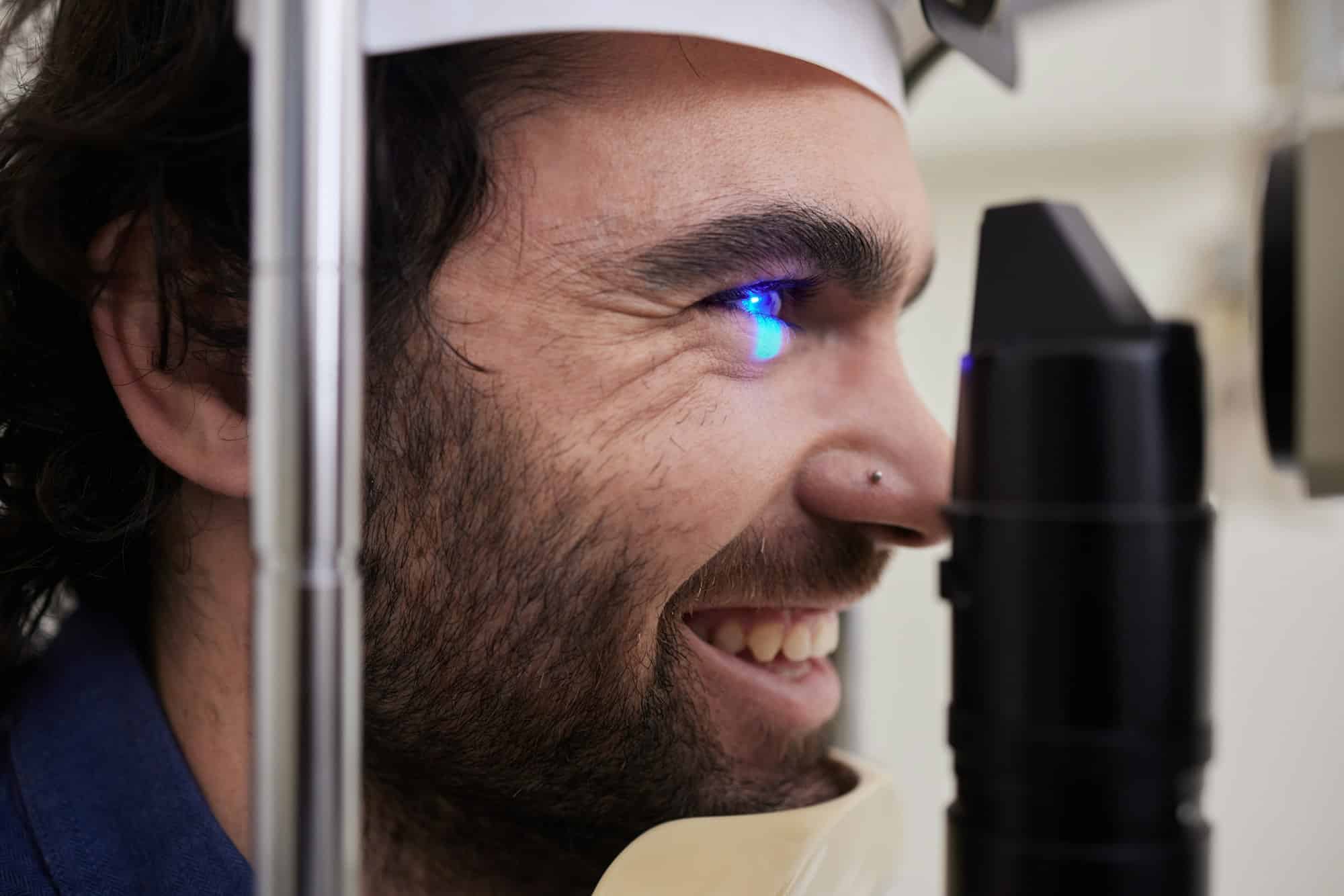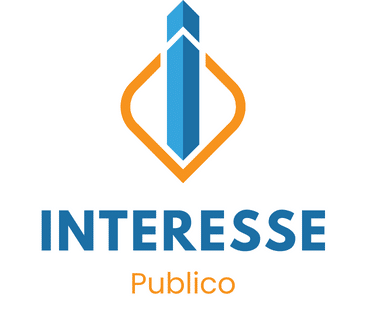How to Use Laser Eye-Tracking Technology for Improving Putting Skills in Golf?

Few sports are as precise and meticulous as golf. It’s a game of inches, where the slightest error can result in a missed putt or a ball that veers off course. Among the numerous skills a golfer needs, putting stands out as perhaps the most crucial. In fact, putts account for nearly 40% of all strokes in a round of golf, emphasizing its importance in the game. Given the significance of putting, you surely will be searching for ways to improve your stroke, and this article is here to help you do just that. Here, we’ll be focusing on how to use laser eye-tracking technology to enhance your putting skills.
Utilizing Laser Eye-Tracking Technology in Golf Putting Practice
The first thing you have to understand is the role of eye-tracking technology in putting practice. Essentially, our eyes guide our movement. The way your eyes track the ball, the hole, and the green can significantly influence your stroke and follow-through. This is where laser eye-tracking technology comes into play.
In the same genre : How Can Post-Exercise Cold Water Immersion Benefit Recovery in Long Jumpers?
Laser eye-tracking devices are designed to monitor and analyze the movement of your eyes as you putt. By using these devices, you can get a clear idea of your visual alignment, which is critical in ensuring that your putter face is square to the target line at impact. With the feedback from the device, you can make necessary adjustments to your visual alignment and, subsequently, improve your putting stroke.
The Role of Visual Alignment in Improving Your Putts
Visual alignment is a critical aspect of putting. It involves visually connecting the ball, the putter, and the hole. To make a successful putt, you need to align these three elements correctly. Without proper visual alignment, your putts may deviate from the intended line, costing you valuable strokes.
Also to discover : What Are the Best Strength-Building Exercises for Competitive Arm Wrestlers?
Laser eye-tracking technology can help with this. When you use this technology during your golf practice, it tracks your eye movement throughout your putting stroke. It can tell you where your eyes were focused at the moment of impact, whether they were on the ball, the hole, or somewhere else. This will give you insights into whether your visual alignment is off. If it is, you can then adjust your focus to improve your alignment and, consequently, your putts.
Tailoring Your Trainings with Laser Eye-Tracking Technology
Training with eye-tracking technology can be incredibly beneficial. The feedback it provides allows you to tailor your training sessions to address specific weaknesses in your putting game. For instance, if the technology reveals that your eyes often wander off the ball before you complete your stroke, you can concentrate on maintaining your focus during future practice sessions.
Moreover, the technology can help you understand how your visual attention changes under different conditions. For instance, if you’re practicing on a sloped green, the device can show how your eye movement changes compared to when you’re putting on a flat surface. This can provide valuable insight into how to adjust your stroke and alignment under various conditions.
Understanding Putt Consistency with Laser Eye-Tracking Devices
Consistency is another crucial factor in putting. The best golfers make the same stroke, with the same tempo, time after time — regardless of the putt’s length or the green’s terrain. Staying consistent can help reduce variables and make your stroke more reliable.
Laser eye-tracking devices can also help you achieve this consistency. By analyzing your eye movement across multiple putts, these devices can indicate whether your visual focus remains consistent from one stroke to the next. If your focus tends to shift, you can work on maintaining a consistent gaze during every putt. This consistency can lead to more predictable and successful putts.
Laser Eye-Tracking Technology and the Future of Putting
As technology continues to evolve, it’s likely that tools like laser eye-tracking devices will become an integral part of golf training. These devices provide a unique perspective on your putting game and offer actionable insights that can help you improve. By integrating this technology into your practice routine, you can benefit from a more in-depth understanding of your putting stroke and visual alignment.
So, as you strive to improve your putting skills, consider investing in laser eye-tracking technology. It’s a cutting-edge tool that can provide valuable insights and help you become a more consistent, accurate putter on the green. After all, a successful game of golf often hinges on a successful putting game.
Incorporation of Laser Eye-Tracking Devices as Training Aids
Laser eye-tracking technology can be a great training aid in honing your putting skills. These devices can provide an in-depth analysis of your eye patterns, helping you understand your visual alignment. This understanding can be essential in rectifying any misalignments and improving your putting stroke.
In a training context, the feedback from the laser eye-tracking device can be used to alter and improve practice sessions. For example, if the technology highlights that your focus shifts from the ball to the hole too quickly, you can adjust your training to work on maintaining your gaze on the ball for a longer period. Thus, laser eye-tracking devices can play a pivotal role in putting training.
These devices can also help you work on your distance control. By analyzing your eye movements, you can get an idea of whether you’re correctly gauging the distance to the hole. If not, you can work on improving this aspect of your putting game during your practice sessions, using the feedback from the device.
Laser eye-tracking technology can be used alongside other training aids such as a putting mat, putting green, or putting mirror. Combining these tools can provide a comprehensive training regimen to improve your putting skills.
The Impact of Laser Eye-Tracking Technology on the Future of Golf
The golf swing has always been a subject of intense scrutiny and analysis, and the introduction of laser eye-tracking technology extends this scrutiny to the eyes. The insights provided by this technology can significantly influence the future of golf, particularly in the area of putting.
In professional golf, where the stakes are high, every stroke counts. Laser eye-tracking technology can be a game-changer. Even a small improvement in a player’s putting game, brought about by better visual alignment and consistency, could potentially lead to better performance on the PGA tour.
The technology is still relatively new, and as it continues to evolve and become more refined, it’s likely to be embraced more widely within the golf community. The potential benefits for amateur golfers and golf training facilities are significant.
In conclusion, laser eye-tracking technology offers an exciting opportunity to improve your putting skills. By giving you a deeper understanding of your visual alignment and eye movement, it can allow you to make meaningful improvements to your putting stroke. Whether you’re practicing on a putting mat at home or on the golf course, this technology can be a valuable tool in your quest to become a better golfer. With every putting session, remember to keep your eyes on the ball, maintain your focus, and stay consistent. In the words of a famous golfer, "The more I practice, the luckier I get." So, keep practicing and make your own luck on the greens.
